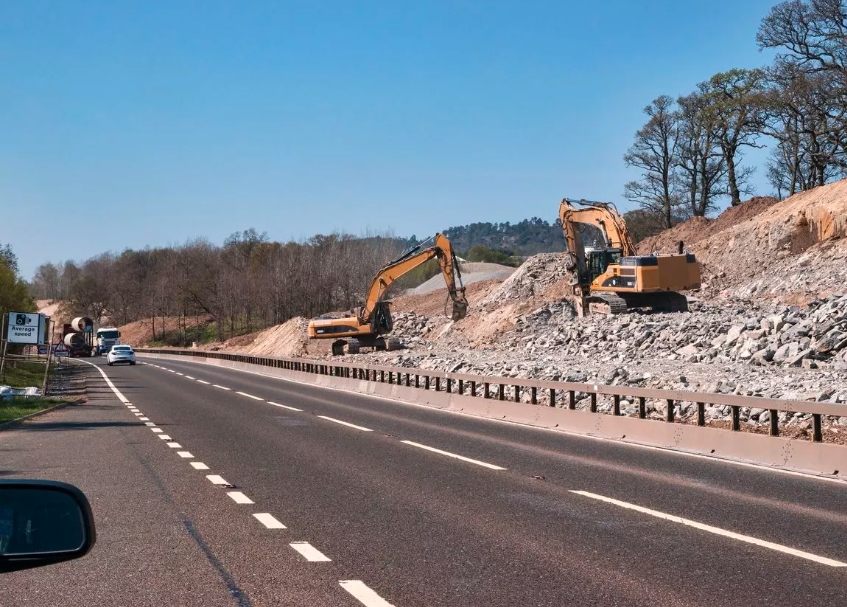The Scottish Government’s ambitious plan to dual the A9 between Perth and Inverness by 2025 is in jeopardy, as new documents reveal that ministers were warned of the risks of missing the deadline as early as 2018.
Budget cuts and Covid-19 impact the project
The A9 dualling project is one of the largest and most complex infrastructure projects in Scotland, aiming to improve road safety, reduce journey times, and boost the economy of the Highlands and Islands. The project involves upgrading 80 miles of single carriageway to dual carriageway, at an estimated cost of £3 billion.
However, the project has faced several challenges and setbacks, including budget cuts, Covid-19 restrictions, land acquisition issues, and legal disputes. According to a report by Audit Scotland, published in October 2023, the project’s budget was reduced by £250 million in 2020-21, and the impact of the pandemic on the construction industry and the supply chain was “uncertain and potentially significant”.
The report also revealed that Transport Scotland, the agency responsible for delivering the project, had warned the Scottish Government in 2018 that the 2025 target date was “very challenging” and “subject to a number of risks and uncertainties”. The report stated that Transport Scotland had identified several factors that could delay the project, such as the need for environmental assessments, the availability of contractors, the complexity of the design, and the potential for legal challenges.
Legal challenges stall the project
One of the main factors that has stalled the project is the legal challenge by the Cairngorms National Park Authority (CNPA), which opposes the proposed route of the dualling scheme through the park. The CNPA argues that the route would have a negative impact on the landscape, wildlife, and cultural heritage of the park, and that alternative options were not properly considered.

The CNPA launched a judicial review of the project in 2019, after the Scottish Government approved the route despite the objections of the park authority and other environmental groups. The judicial review was initially dismissed by the Court of Session in 2020, but the CNPA appealed the decision to the Inner House of the Court of Session, which granted the appeal in July 2023. The case is now awaiting a hearing date, which could take several months to be scheduled.
The legal challenge affects a 15-mile section of the A9 between Dalraddy and Slochd, which is considered to be one of the most difficult and expensive sections of the project. Transport Scotland has estimated that the delay caused by the legal challenge could cost up to £60 million and push back the completion date by two years.
Calls for transparency and accountability
The A9 dualling project has been criticised by opposition parties and campaigners for the lack of transparency and accountability in its planning and delivery. They have called for the Scottish Government to publish a revised timetable and budget for the project, and to explain how it will address the risks and challenges that have emerged.
The Scottish Conservatives’ transport spokesman, Graham Simpson, said that the project was “in chaos” and that the SNP had “failed to deliver on their promises”. He said that the Scottish Government should “come clean” on the true cost and timescale of the project, and that the SNP should “apologise to the people of the Highlands for letting them down”.
The Scottish Greens’ transport spokesman, John Finnie, said that the project was “a colossal waste of money” and that the SNP had “ignored the environmental impact” of the dualling scheme. He said that the Scottish Government should “abandon this outdated and damaging project” and instead invest in “sustainable and low-carbon transport alternatives”.
The Scottish Government has defended the project, saying that it is “committed to delivering the A9 dualling programme as quickly as possible”. The transport secretary, Michael Matheson, said that the project was “vital for the economic and social development of the Highlands and Islands” and that the Scottish Government was “working hard to overcome the challenges and minimise the delays”. He said that the Scottish Government would “provide an update on the project’s progress and timescales in due course”.


















